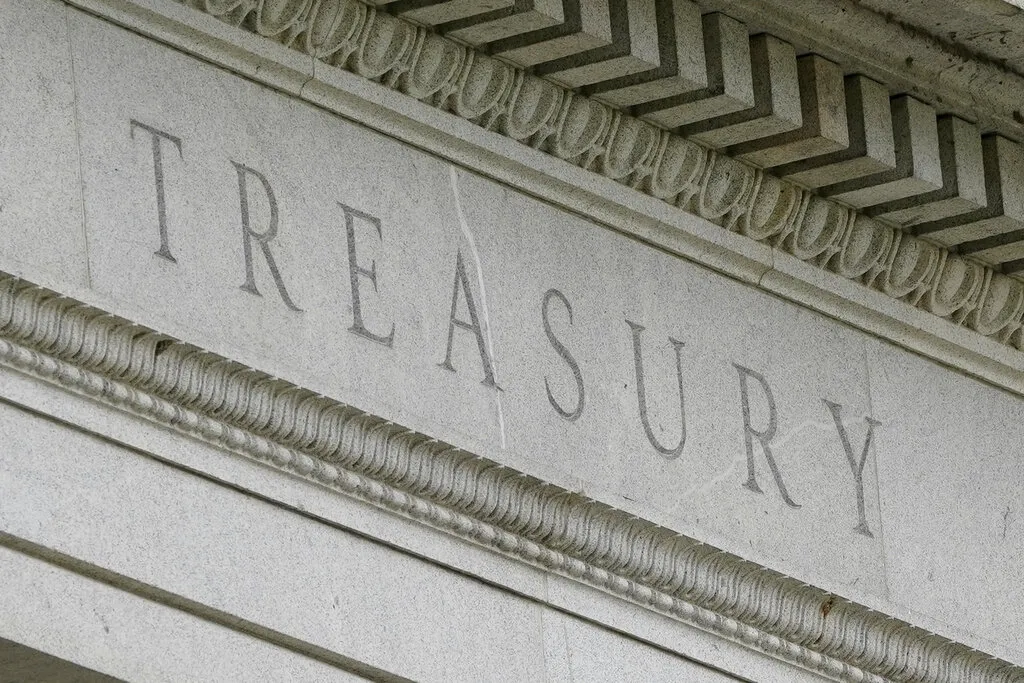Kamala Harris's Corporate Tax Hike: Impacts on American Workers and Innovation

Kamala Harris's Corporate Tax Hike: A Threat to American Innovation
Vice President Kamala Harris's plan to raise the corporate tax rate from 21% to 28% signifies a serious threat to American innovation and competitiveness. As Americans struggle with rising costs, such a tax increase is likely to hinder growth and impose burdens on workers, consumers, and retirees alike.
The History of Corporate Taxes in America
Historically, high corporate tax rates have pushed companies to relocate abroad or sell to foreign interests. The Tax Cuts and Jobs Act of 2017 successfully reduced the corporate tax rate, bringing it from one of the highest in the world closer to a competitive range.
Implications of the Proposed Tax Increase
- Job Losses: Harris's tax hike could lead to an estimated loss of 125,000 jobs.
- Consumer Burden: The increase in corporate taxes often results in higher prices for consumers, affecting their purchasing power.
- Retirement Savings Threatened: Up to $3.6 trillion in potential market value could vanish under this new rate.
Economists warn that a corporate tax increase ultimately falls on American workers, with projections indicating wage reductions up to $81 billion annually.
Conclusion: The Fallout from Higher Corporate Taxes
While promoting opportunity and innovation, Harris's tax proposals overlook the essential need for a favorable investment climate. A low corporate tax rate has been a vital component of America's robust economic landscape.
This article was prepared using information from open sources in accordance with the principles of Ethical Policy. The editorial team is not responsible for absolute accuracy, as it relies on data from the sources referenced.